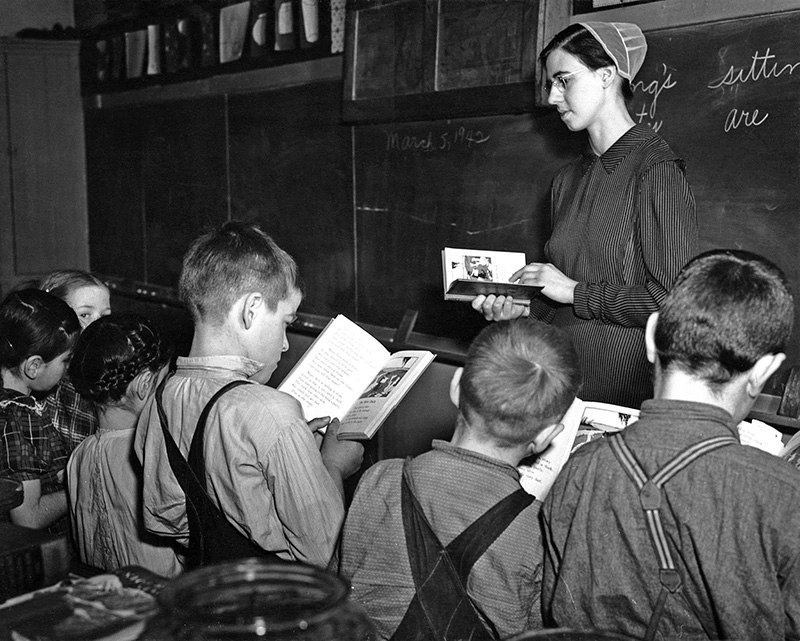Like, so
 I’ve heard it said that our non-standard use of the word “like” (as in, “I’m, like, writing about the word ‘like’ right now.”) actually is a form of civility. It soft-focuses communication in the same way that a reassuring smile might do. Or a hit of dank bud.
I’ve heard it said that our non-standard use of the word “like” (as in, “I’m, like, writing about the word ‘like’ right now.”) actually is a form of civility. It soft-focuses communication in the same way that a reassuring smile might do. Or a hit of dank bud.
The statement “You’re dead wrong,” for example, stings because its meaning is unambiguous. It allows no interpretive middle ground. “You’re, like, dead wrong,” on the other hand, admits that sometimes things aren’t quite what they seem. Sure, you could be wrong, but maybe you’re only half-wrong. Hell, maybe I’m wrong. How would either of us know? And what’s that lovely aftershave you’re wearing? Man hug.
The same might be said by the same people about the introductory element “so,” which by conservative estimates has preceded 95.87% of all answers to all questions posed by all English-speaking interviewers since this blip first appeared on my radar screen about a month ago.
If you don’t know what I’m talking about, well … I’m sorry to hear that Point Barrow, Alaska’s only radio tower is still out of service, but here’s a quick example:
Interviewer: May I have your name, please?
John: So, my name is John.
Interviewer: And your occupation?
John: So, I’m a licensed electrician.
Interviewer: Is that dangerous?
John: So, yes it is. Because we work with electricity, which can kill you. (grasps bare wire with both hands, dies)
And before you get all Patriot Act on me, I’m not saying that everybody who precedes the answer to a question with a gratuitous introductory element that’s really nothing more than a substitute for “umm” or who interrupts said answer with a language-gutting linguistic hiccup should die. I’m saying they should, like, die.
Which as we both know might or might not harsh their mellow. Who’s to say?
Man hug.